Waste export
Europe still exports huge amounts of (plastic) waste to countries such as Indonesia and Turkey. There, the local infrastructure is often insufficient to adequately handle the waste. Not only is it necessary to preserve these materials to feed them back into the cycle, we must also take responsibility for our own waste. The negative environmental and health impacts caused by waste exports must end.
Illegal dumps
The vast majority of exports are under the heading of “reuse” or “recycling. But data shows that many of the “reusable” products are actually waste and that recipient countries have insufficient recycling capacity. The result? It is unclear what happens to millions of tons of waste. It ends up in illegal dumps, it is burned illegally or disappears in a landfill. The consequences for local people are significant: they are exposed to toxins that leak into the water, soil and air, and the amount of microplastics in the food chain increases.
Fair Resource Foundation has therefore for years been calling for a ban on exports. We believe that for the waste we generate ourselves, we should also take responsibility. At the same time, it is important that product reuse opportunities remain possible outside of Europe and European capacity for high-quality recycling is increased.

A decisive export ban
An export ban will ensure that valuable materials remain within Europe. This can reduce our dependence on primary raw materials and is necessary for the transition to a fully circular economy to succeed. It is important for our economy that we increase recycling capacity for different types of materials in Europe. Not only for plastic, but also, for example, for (synthetic) textiles.
A ban encourages the market to move faster to increase that capacity. There is also an ethical aspect to the ban. Shipping waste from rich European countries to less prosperous countries has far-reaching consequences for the local population. The environmental impact as well as the negative impact on health is enormous, showed research by the Environmental Investigation Agency. We want to put an end to that by promoting policies that place responsibility on the polluter.
Latest publications
About Waste Export
Waste export
Want to know more about this topic?
